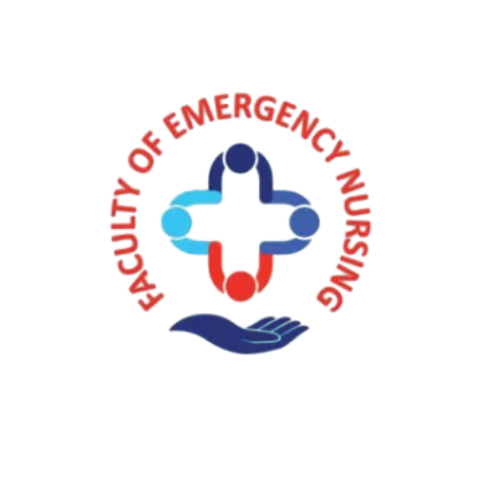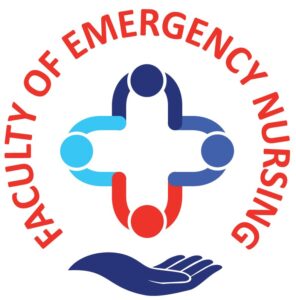Clinical Education Programme [CP]
Advance Your Emergency Nursing Practice with the FEN Clinical Programme
Whether you’re new to emergency care or looking to deepen your expertise, the FEN Clinical Programme gives you flexible, practical learning designed for busy professionals.
How to Use the Clinical Programme
The FEN Clinical Programme is designed for flexible learning — whether you want to follow a structured pathway or target specific topics.
You can:
Work through the webinars in sequential order — building your knowledge systematically, step by step
Focus on grouped topics — with themed bundles such as Chest Illness and Injury or Cardiac Conditions (including ECG interpretation, cardiac presentations, and related injuries)
Most webinars covering clinical presentations include essential content on anatomy, physiology, pathophysiology, and the differences across all age groups — from infants to older adults.
This structure helps you build both depth and breadth in your clinical practice, with the flexibility to study in the way that suits you best.
Open to all subscribers, the programme supports registered nurses working in a wide range of settings — from Type 1 and Type 3 Emergency Departments to SDEC, UTCs, MIUs, and beyond.
Your Subscription Includes:
Full access to over 90 recorded webinars
Monthly recorded updates, with new topics and refreshed content
Structured learning blocks designed to build clinical competence and confidence
Focused topics for experienced practitioners wanting targeted updates
Aligned with Continuing Professional Development (CPD) and future qualification pathways
We make it easy for you to learn at your pace, revisit topics, and build your skills over time — all while supporting your CPD.
Subscription Rates:
Annual Subscription – £52 per person, per year
Retired Members – £10 per person, per year
All subscriptions include unlimited access to the Clinical Programme and webinar library. Want to secure more than one year? Just get in touch.
International Practitioners:
We welcome subscribers from outside the UK and Ireland. If you’re interested in completing the clinical portfolio for accreditation, please contact us.
Please note: The £80 Employers CPD Webinar Subscription is no longer available for new purchases, though valid subscriptions remain active for their full two-year term.
- Information correct as of 21/07/2025. For any queries, please contact us.
Qualification Available Again Soon:
The FEN Level 6 Diploma in Emergency Nursing (120 credits) will soon be open again for enrolment with a new awarding body — giving you the opportunity to gain formal recognition for your learning. This qualification aligns with national frameworks:
England, Wales, NI – Level 6 (European Quality Framework Level 6)
Scotland – SCQF Level 10
Ireland – NFQ Level 7/8
If you are already registered with Agored Cymru for a FEN unit, you will have the opportunity to complete your programme of study.
Stay connected for updates — and take the next step in your professional journey with FEN.

